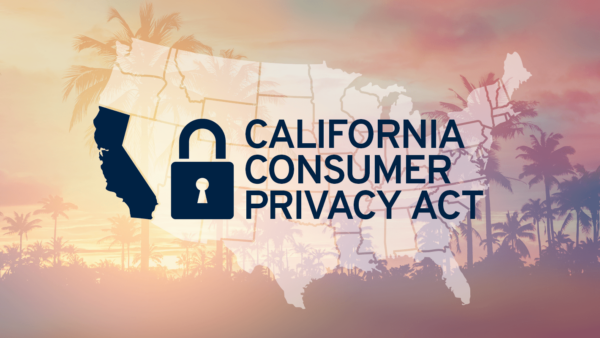Brief Information about CCPA
The California Consumer Privacy Act (CCPA) is a state statute intended to enhance privacy rights and consumer protection for residents of California, United States. Enacted on June 28, 2018, CCPA aims to provide consumers with more control over their personal information held by businesses.
Detailed Information about CCPA
The CCPA grants California consumers various rights regarding their personal information, including the right to know what data is being collected, the right to opt-out of the sale of their personal information, and the right to request the deletion of their data. Additionally, businesses subject to CCPA must provide notices to consumers regarding their data practices and establish procedures for handling consumer requests.
Detailed Analysis of Key Features of CCPA
Key features of CCPA include:
- Consumer Rights: CCPA grants consumers the right to access, delete, and opt-out of the sale of their personal information.
- Business Obligations: Businesses subject to CCPA are required to disclose data collection practices, honor consumer requests, and provide privacy notices.
- Enforcement: The California Attorney General is responsible for enforcing CCPA compliance, with potential fines for non-compliance.
- Scope: CCPA applies to businesses that meet certain criteria, including those that collect personal information from California residents and meet specific revenue or data processing thresholds.
Types of CCPA
| Type | Description |
|---|---|
| Personal Data Rights | Consumers have the right to access, delete, and opt-out of the sale of their personal data. |
| Notice Requirements | Businesses must provide notice to consumers regarding data collection and use practices. |
| Opt-Out Rights | Consumers can opt-out of the sale of their personal information by businesses. |
Ways to Use CCPA
- Protecting Privacy: CCPA empowers consumers to control how their personal information is collected and used.
- Compliance: Businesses can use CCPA compliance measures to ensure they are meeting legal requirements and protecting consumer data.
- Building Trust: By adhering to CCPA regulations, businesses can build trust with consumers by demonstrating their commitment to privacy protection.
Problems and Solutions with CCPA
Problems:
- Compliance Challenges: CCPA compliance can be complex and resource-intensive for businesses, especially those with limited resources.
- Interpretation Issues: Ambiguities in CCPA provisions may lead to varying interpretations and compliance difficulties.
- Enforcement Concerns: Enforcement of CCPA provisions may vary, leading to uncertainty for businesses.
Solutions:
- Robust Compliance Programs: Businesses can implement comprehensive compliance programs to ensure adherence to CCPA regulations.
- Legal Guidance: Seeking legal counsel can help businesses navigate CCPA requirements and mitigate compliance risks.
- Continuous Monitoring: Regularly monitoring CCPA developments and updates can help businesses stay abreast of compliance requirements and adapt accordingly.
Main Characteristics and Comparisons
| Feature | CCPA | GDPR (General Data Protection Regulation) |
|---|---|---|
| Jurisdiction | California, United States | European Union |
| Scope | Applies to certain businesses | Applies to all businesses handling EU data |
| Enforcement | California Attorney General | Data Protection Authorities |
| Opt-Out Rights | Yes | Yes |
| Right to Access | Yes | Yes |
| Penalties | Fines for non-compliance | Fines for non-compliance |
Perspectives and Future Technologies
Future perspectives related to CCPA include:
- Enhanced Privacy Technologies: Continued development of privacy-enhancing technologies to facilitate CCPA compliance and data protection.
- Global Impact: Potential influence on privacy regulations and practices globally as other jurisdictions consider similar legislation.
- Data Governance: Emphasis on robust data governance practices to ensure compliance and protect consumer privacy in an increasingly digital world.
VPN and CCPA
- Enhanced Privacy Protection: VPNs can be used to encrypt internet traffic, providing an additional layer of privacy protection for consumers concerned about their online activities.
- Access Control: VPNs can help consumers bypass geo-restrictions and access online services without revealing their true location, enhancing privacy and anonymity.
- Compliance Support: Businesses subject to CCPA can use VPNs to secure data transmissions and protect consumer information, aiding in compliance efforts.
Links to Resources
For more information about CCPA, visit the following resources:


